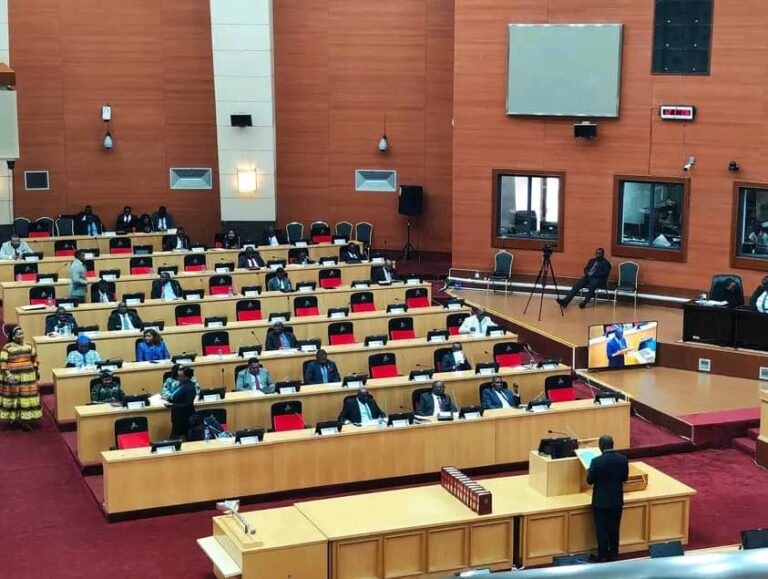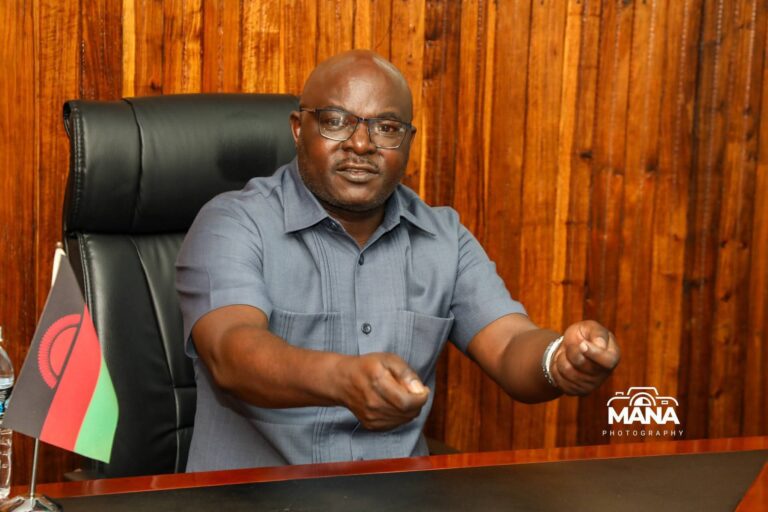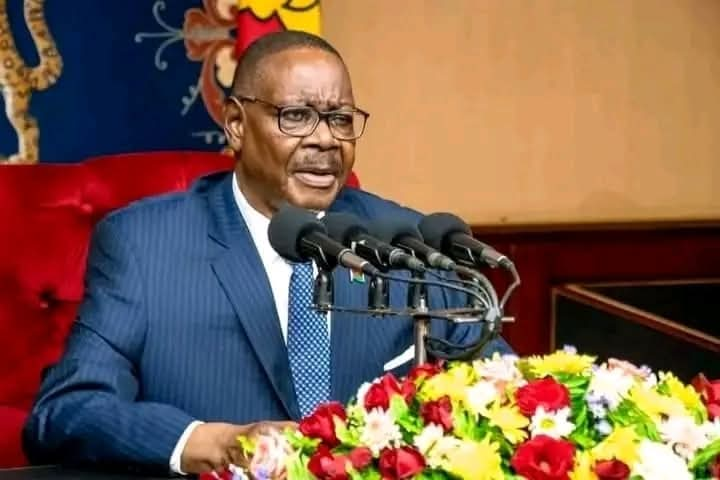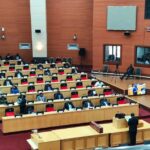Malawi’s failure to commit to economic reforms, curb excessive spending, and fight corruption has led to the collapse of a US$175 million about K306 billion Extended Credit Facility (ECF) agreement with the International Monetary Fund (IMF), just a year and a few months after it was secured.
Economic expert Andrew Kaponya says the government lacked the political will to implement key conditions tied to the loan, which was meant to be disbursed in phases over four years.
” It’s not that the deal expired, it collapsed because the IMF no longer believes we’re serious about reforms. We spend heavily on non-productive areas like travel and allowances and we lose money to corruption and political interference,” says Kaponya.
He further warns that the fallout is expected to hit the economy hard, with the most immediate impact felt by ordinary citizens already burdened by the rising cost of living.
” Inflation will become harder to control. Interest rates will continue to rise, the shortage of foreign currency and fuel will worsen, making it difficult for the government to finance the national budget,” he added.
The ECF was secured in November 2023 as part of a plan to stabilize Malawi’s economy. The first tranche of funds was disbursed, but further support hinged on progress in implementing economic reforms — progress Kaponya says Malawi failed to demonstrate.























